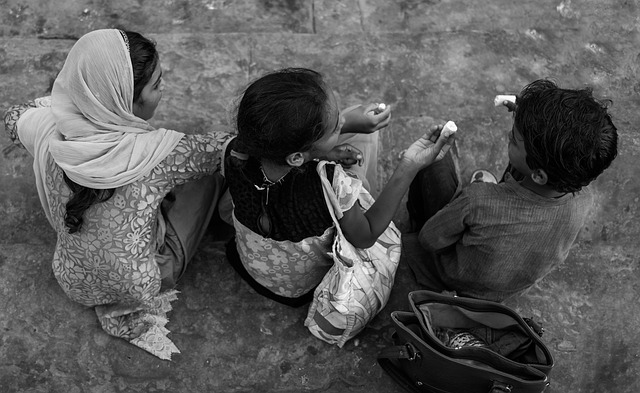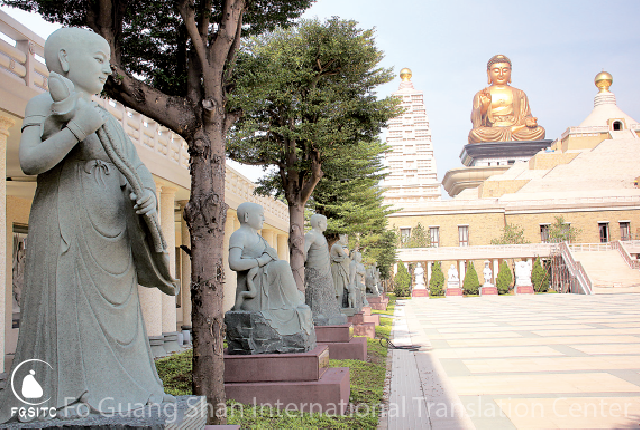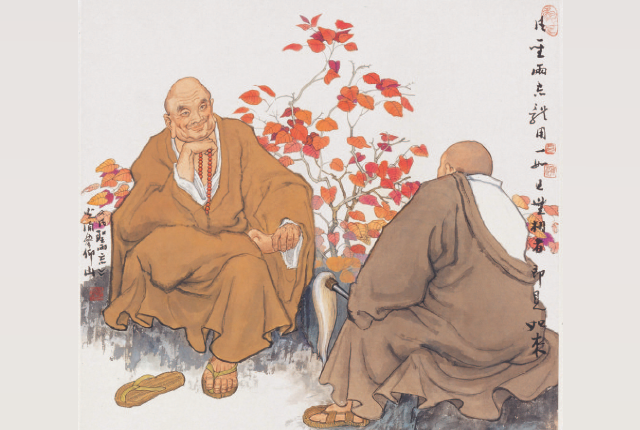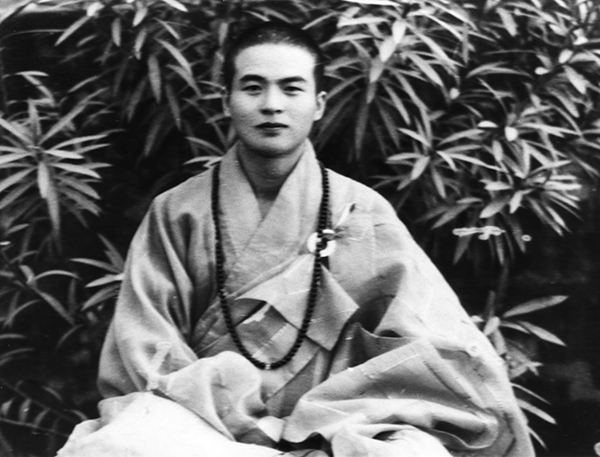
Sharing joy with others is not only a virtue, it is also a delightful experience.
To take delight in shared joy is to give willing support to those who are compassionate in helping the needy; it is to give genuine praise to those who have dedicated themselves to the highest achievements in life. If we want to be successful in this world, we must cultivate the important virtue of feeling happy when others have done what we cannot do ourselves. The Buddha once said, “If there were really no differentiation between the self and the other, there would be no discrimination between merit acquired from good deeds.”
Unfortunately, in today’s society there are too many people who take pleasure in the misfortune of others. Instead of practicing the virtue of shared joy, they choose to criticize and impart unwarranted abuse. Instead of praising the charity of others, they remark sarcastically that it is just a drop of water in the vast ocean or it is just a boastful act. It is indeed very sad to see that society in general has become so deprived of amiable feelings. It is not surprising that there are very few virtuous people and even fewer virtuous acts.
Something has definitely gone wrong in our society when the majority of our fellow human beings are lacking a good and agreeable nature. Instead of hoping for a better future, it seems like everyone is content waiting for doomsday to approach, when everything in this world will be reduced to nothingness. Why do people indulge themselves in jealous sarcasm and baseless slander? Do we really want to see the end of civilization or the end of our race?
What we need to do is to cultivate and practice the virtue of shared joy, to give encouragement and exaltation as often as possible.
Instead of feeling jealousy or envy, we should instead feel happy for others when they encounter good fortune. Instead of pity, we should be compassionate and helpful toward those who are less fortunate. Instead of criticizing, we should praise other’s good deeds no matter how trivial they might be.
If we really wish to better our country and society, it is imperative for us to foster the virtue of shared joy. We should be willing to cast our vote for political candidates who are dedicated to serving people. We should be happy to give our contributions to those who are devoted to helping the needy. Where there is a need for volunteers, we should put forth all our efforts toward the common goal; where there are good deeds, we should selflessly promote them to achieve a more far-reaching effect.
Since the world of shared joy is a delightful place to be, we should strive to develop the habit of imparting praise, doing good deeds, and supporting worthy causes. If everyone in society can be amiable and pleasant, it will create an atmosphere of great peace, harmony and happiness for all the world’s people.
From All in a Thought, written by Venerable Master Hsing Yun.
Image from Pixabay.












